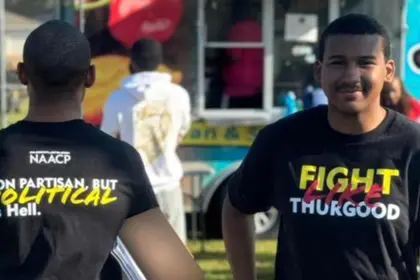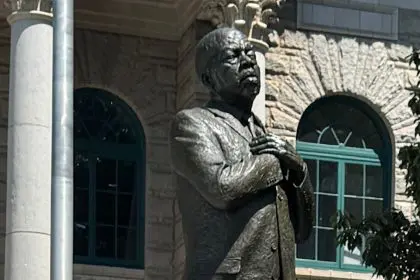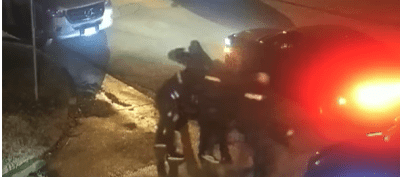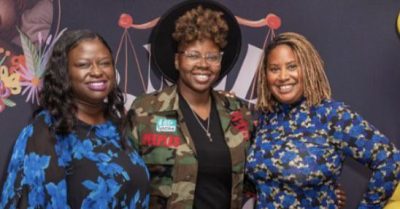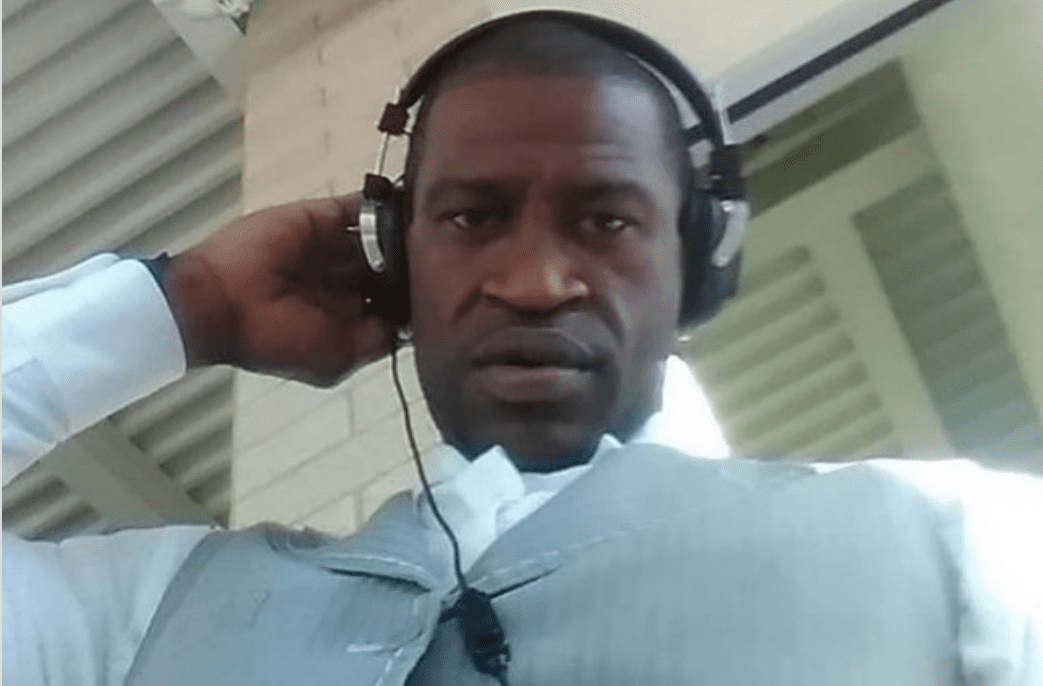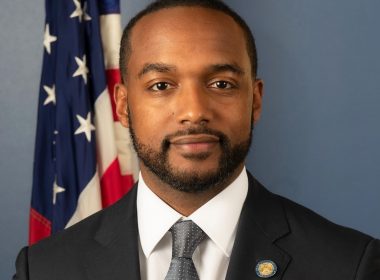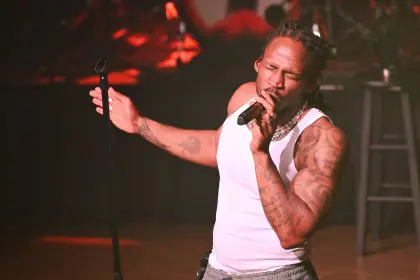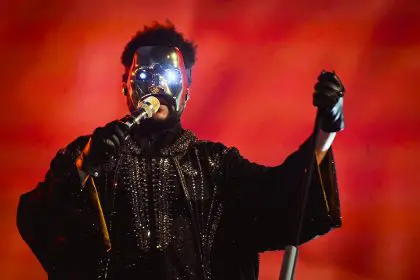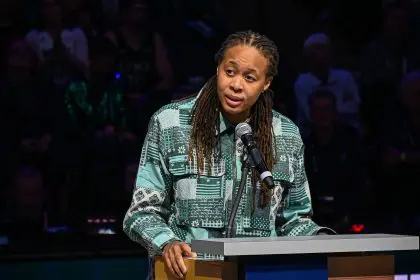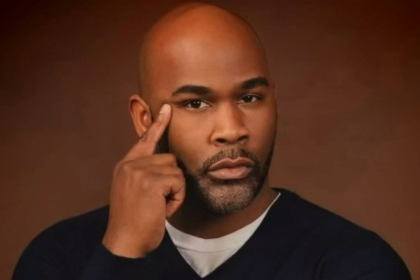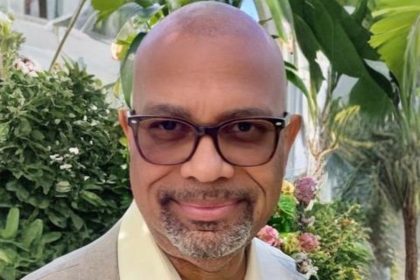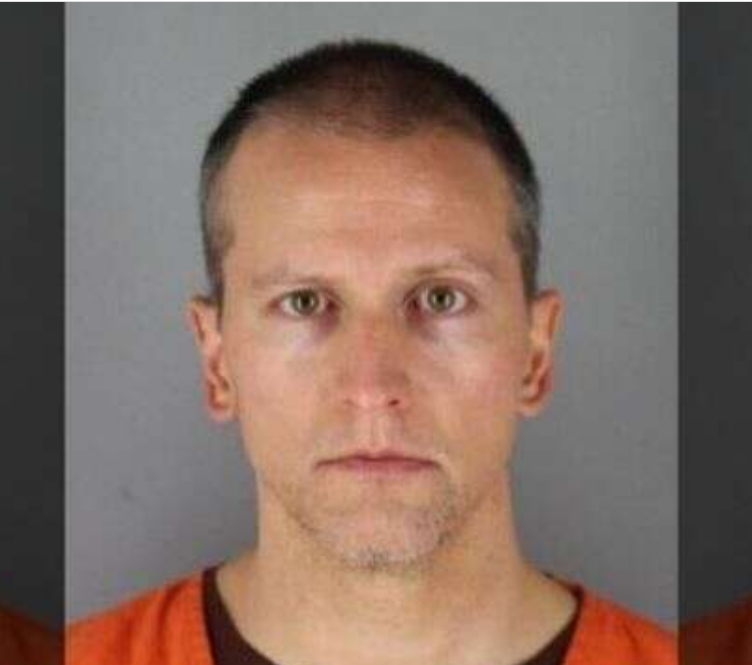
There was a distant emptiness in the Minneapolis police officer Derek Chauvin’s eyes as he looked away while rocking his knee deeper into the neck and vertebrae of George Floyd. The look of Chauvin during the killing of Floyd reminded many African Americans, and introduced to others, the casual disregard too many Black people encounter in our criminal and judicial systems. Chauvin’s act and trial are yet another test of the resilient hope for democracy Black patriots have demonstrated for themselves and others during transformative moments in our country.
As the trial of Chauvin approaches its second week, many African Americans are acting jurors in another case deeply entrenched with Chauvin’s fate and the empty look we recognize, the belief in our democracy’s concepts of justice and inclusion for all Americans.
Floyd’s case, and others such as Breonna Taylor and Ahmaud Arbery, are part of a Black experience at the center of our democracy’s victories and struggles with justice and inclusion. No other social group has been as deeply involved with challenging America to live up to its democratic principles and opening the doors of democracy for others during critical transformative moments in our history.
For example, during the struggles to abolish slavery and Reconstruction following the Civil War, African American desires for education and freedom led to voter rights movements, women’s full citizenship movements, and public schools in the shadows of the 13th, 14th, and 15th Amendments. The modern civil rights movement spawned the student movement, the gay liberation movement, new feminists, and others during the 1960s and 70s.
Today’s Black Lives Matter movement has grown out of the protest traditions and ambivalence of Black suffering, discontent, and optimism for change. These historical and present desires for democracy are part of an African American resilience that influences our civic and political landscape for all people. Floyd’s death and Chauvin’s trial is a test of that resilience in the context of this generation’s transformative moment and may further influence the trajectory of our democracy.
There is no doubt that Floyd’s murder and others catalyzed the protests of 2020 in the middle of the COVID-19 pandemic. They also created a transformative mood that was less patient and larger than freedom movements of the past. We have witnessed this impatience and new determination in debates over resourcing of police, higher voter participation, questioning of immunities provided to officials in our criminal and judicial systems, corporate attention to racial equity, and dialogues across social and mainstream media platforms. Chauvin’s fate may call into question the authenticity of American desires for true equity and justice and influence the path our current transformative moment and activists take going forward.

